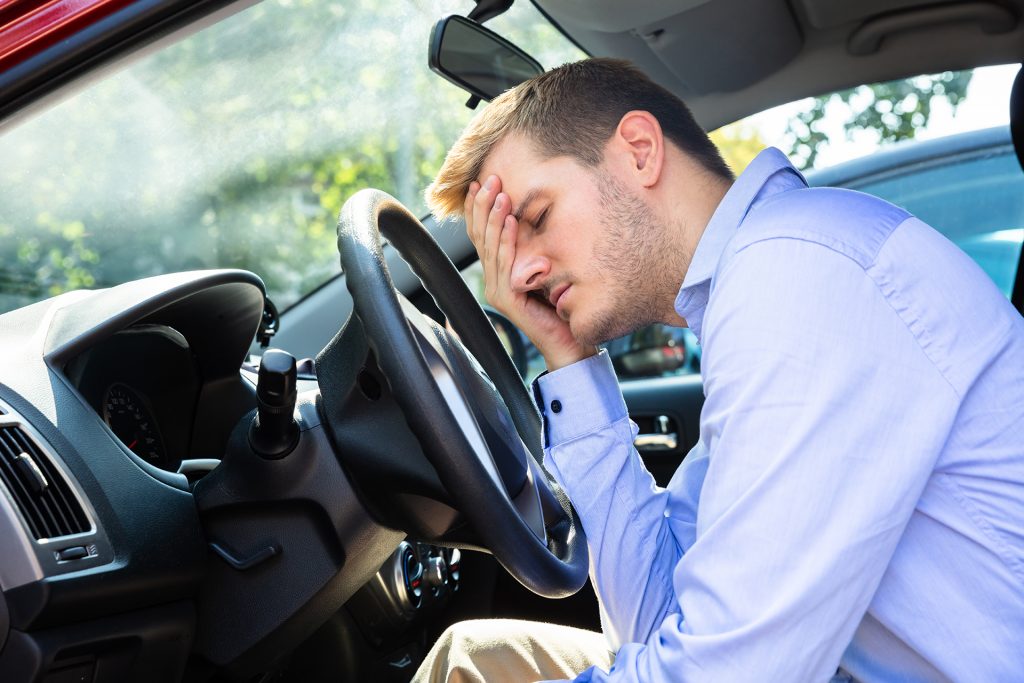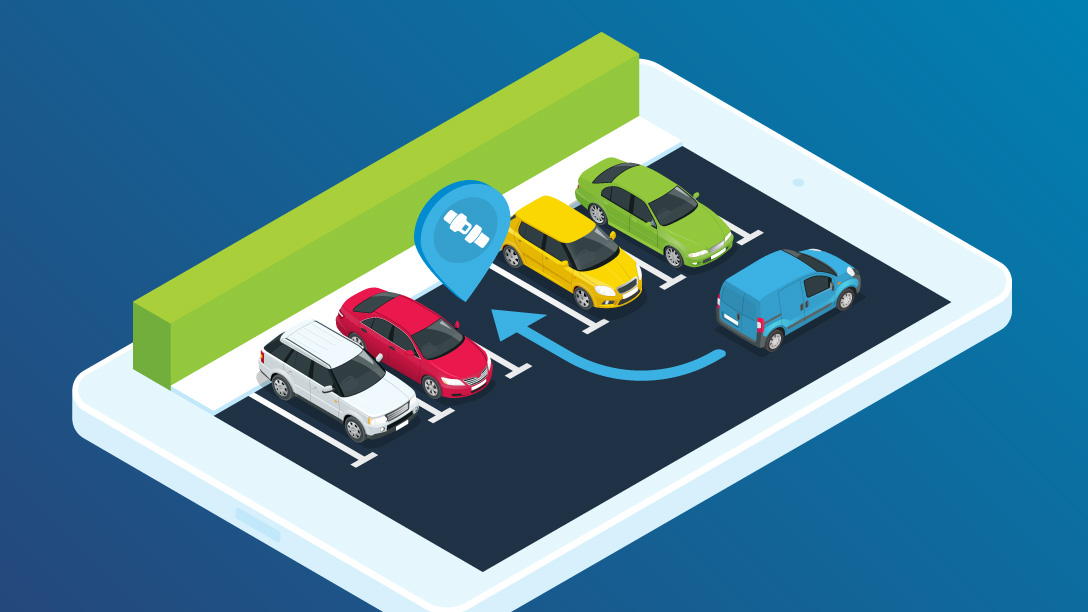Most people assume aDWI charge only applies when someone is swerving down a highway or running a red light. But here’s the twist: can you get a DWI while parked? You absolutely can—and it happens more often than you’d imagine. Sitting in your vehicle under the influence—even with the engine off—can lead to criminal charges similar to those of a standard DWI arrest.
This article dives deep into the legal gray zone of parked DWIs. We’ll explain how these charges arise, what prosecutors look for, and share real-life stories of people who faced them. Whether you’ve chosen to “sleep it off” in your car or want to avoid a costly mistake, you’ll leave this guide informed and better protected.

Why DWIs Don’t Always Require a Moving Vehicle
To fully answer can you get a DWI while parked, we need to unpack the true meaning of DWI laws. While DWI stands for Driving While Intoxicated, the term “driving” is often just the tip of the legal iceberg.
In most states, a DWI involves “operating” or being in actual physical control of a motor vehicle while impaired by alcohol or drugs. That phrase—actual physical control—is a legal linchpin.
A person doesn’t have to be speeding, changing lanes, or even moving. If you’re behind the wheel and intoxicated, and if the prosecution can show that you had the ability to operate the car, that might be enough for a conviction.
Real-Life Story: Brian’s Late-Night Decision
Brian, a 27-year-old construction supervisor from Dallas, worked exhausting hours. One Friday night, after a few drinks with friends, he didn’t feel safe to drive. Acting on what he thought was the responsible choice, he climbed into the back seat of his truck, turned on the heater, and went to sleep.
At 3 a.m., an officer spotted the vehicle parked slightly crooked in a lot, with the engine running. After knocking on the window, the officer asked Brian to step out and take a sobriety test. Brian failed the test. Even though he hadn’t driven, he was arrested and charged with a DWI.
The prosecution argued that because Brian had the engine running and keys in the ignition, he had physical control of the vehicle. The jury agreed. He was convicted, fined, and placed on probation. What he believed to be a safe decision led to long-lasting legal consequences.
What Counts as “Physical Control” of a Vehicle?
Now that you’ve seen how easily someone can get charged, it’s important to understand how courts assess whether you can get a DWI while parked.
Engine Status
An engine that’s turned on—even just to run the heat—raises concerns for officers. It implies the driver was either preparing to drive or had the means to do so.
Keys in the Ignition or Within Reach
Keys located in the ignition, your hand, or even within arm’s reach can show intent to drive. This evidence strengthens the state’s case.
Location of the Driver
If you’re found in the driver’s seat, authorities are more likely to claim you had control of the vehicle. While being in the back seat may improve your defense, it doesn’t guarantee an acquittal.
Position of the Car
Legally parked in a safe space? That helps. Parked awkwardly or in an unsafe spot? That could suggest you were recently driving or had plans to drive.

State-by-State Differences: Where Parked DWIs Are Most Common
Not every state views parked DWIs the same way. Understanding how laws vary can help clarify can you get a DWI while parked in your specific location.
Texas
Texas law hinges on the concept of “operating” a vehicle. You don’t need to be driving. If the engine is running and you’re behind the wheel, that could satisfy the legal standard.
California
California focuses on “actual physical control.” Even with the engine off, prosecutors may pursue charges if they believe you were preparing to drive while intoxicated.
Florida
Florida law follows the physical control model. If you’re inside the vehicle and capable of operating it—especially with the engine on or keys handy—you may face prosecution.
New York
In New York, prosecutors usually need stronger proof of intent to drive. Nonetheless, a running engine or the car’s gear in drive may be enough to support a conviction.
Legal Penalties for a Parked DWI Conviction
A parked DWI doesn’t come with lighter consequences. If you’re convicted, you’re subject to the same penalties as someone who was pulled over while driving:
- Jail time (up to 6 months or longer in some cases)
- Fines and court fees that can climb into the thousands
- License suspension or revocation
- Mandatoryignition interlock device installation
- Community service requirements
- Enrollment in alcohol education or treatment
- A permanent mark on your criminal record
The stakes are high. If someone asks can you get a DWI while parked, it’s worth considering whether a night in the car is worth risking a criminal record.
Common Defenses to a Parked DWI Charge
Facing a charge doesn’t automatically mean you’ll be convicted. Defense attorneys have effective strategies that apply directly to the question of can you get a DWI while parked.
You Weren’t in Control
If the vehicle was off, and you were resting in the back seat with the keys nowhere near you, your lawyer might argue that you had no intent or capacity to operate the vehicle.
No Proof of Intent to Drive
Some states require the state to prove that you planned to drive. If you clearly intended to sleep it off—perhaps waiting for a ride or staying until sober—you may have a stronger case.
Illegal Stop or Search
If the officer had no legal reason to approach your vehicle, your attorney might argue that any resulting evidence should be excluded.
Lack of Sufficient Evidence
Was there no breathalyzer result? No body cam footage? No testimony placing you in motion? Your attorney can challenge whether the prosecution has enough to prove guilt beyond a reasonable doubt.

Real-Life Example: Megan’s Case Gets Dropped
Megan, a grad student in Austin, overestimated her tolerance at a friend’s wedding. Instead of getting behind the wheel, she went to her parked car and fell asleep in the passenger seat. Her keys were zipped inside her purse in the back seat.
When an officer found her during a routine patrol, she admitted to drinking but said she wasn’t going to drive. She was arrested anyway.
However, her lawyer presented strong evidence of her lack of intent, including where she was sitting and the location of the keys. The DA dropped the charges before trial, proving that with the right facts and strategy, outcomes can be favorable.
Tips to Avoid Getting a Parked DWI
We’ve answered can you get a DWI while parked, but how do you steer clear of this situation entirely? Here are five practical tips:
1. Don’t Get in the Car
If you’ve been drinking, resist the urge to get inside the car. Find another place to stay or call someone to help.
2. Keep the Keys Out of Sight
Stash your keys in the glove box, trunk, or hand them off to someone else. Keeping them out of reach may support your claim that you had no intent to drive.
3. Avoid the Driver’s Seat
Resting in the back or passenger seat rather than behind the wheel makes your case stronger. Where you sit can make all the difference in court.
4. Shut Off the Engine
Even if the weather is uncomfortable, don’t keep the engine running. A running vehicle gives the impression that you were ready—or planning—to drive.
5. Document Your Intentions
Send a text to a friend or family member saying you’re sleeping it off. Such evidence could be used to show you had no intention of driving while impaired.
How Prosecutors Prove a Parked DWI
If you think the lack of movement will save you, think again. Prosecutors often piece together several types of evidence to prove their case:
- Police testimony about what they observed—vehicle running, driver’s behavior, and environment
- Dashcam or bodycam video that shows the vehicle’s condition and your location
- Admissions made during the encounter, like stating you were planning to head home
- Breathalyzer or blood test results showing a high BAC level
- Testimony from any nearby witnesses, like security staff or bystanders

Understanding these tactics can help you and your attorney prepare an effective response.
Final Thoughts: Know the Law Before You Rest
So, can you get a DWI while parked? Yes—and in more states than you might expect. Simply choosing to sit in your car after drinking can lead to life-changing consequences.
Laws target more than just the act of driving. They also penalize situations where someone could reasonably take control of a vehicle while intoxicated. That means being in the driver’s seat, having your keys in hand, or keeping the engine running—even if you’re not moving—could be enough.
Fortunately, you have control over how you respond. Know your state’s laws, understand your rights, and think twice before getting into your vehicle after drinking. Smart decisions can keep you out of a legal mess you never intended to start.

